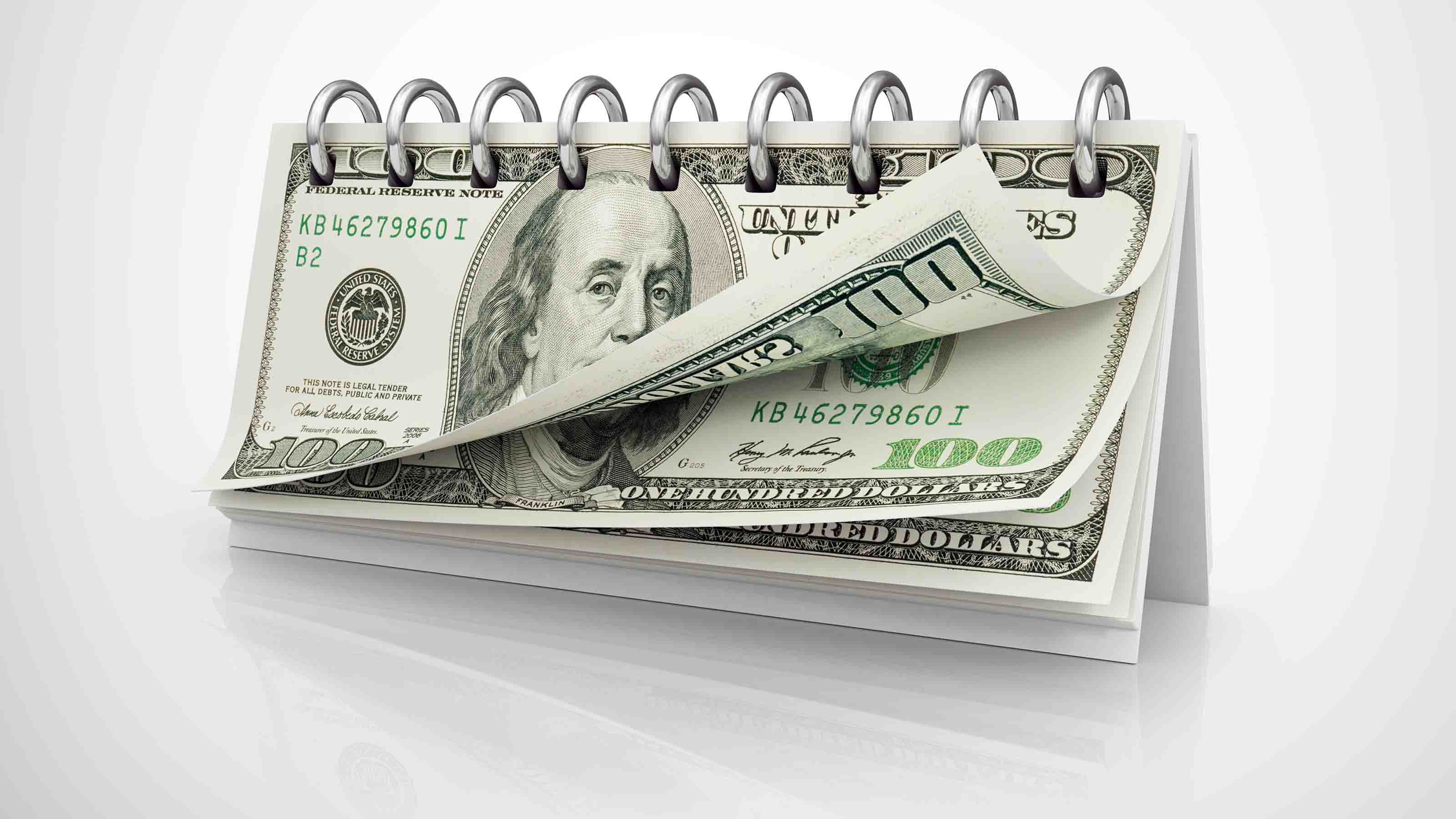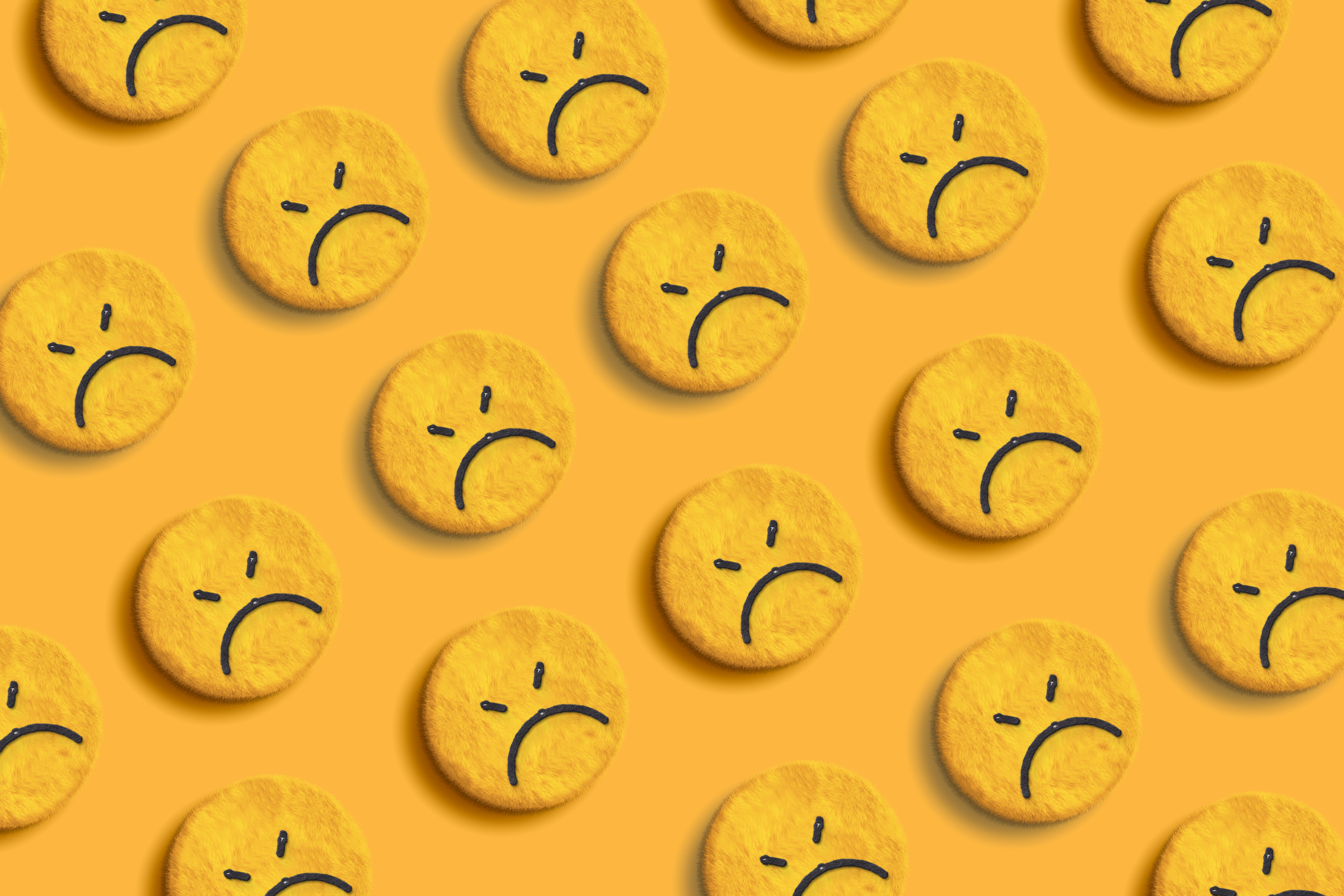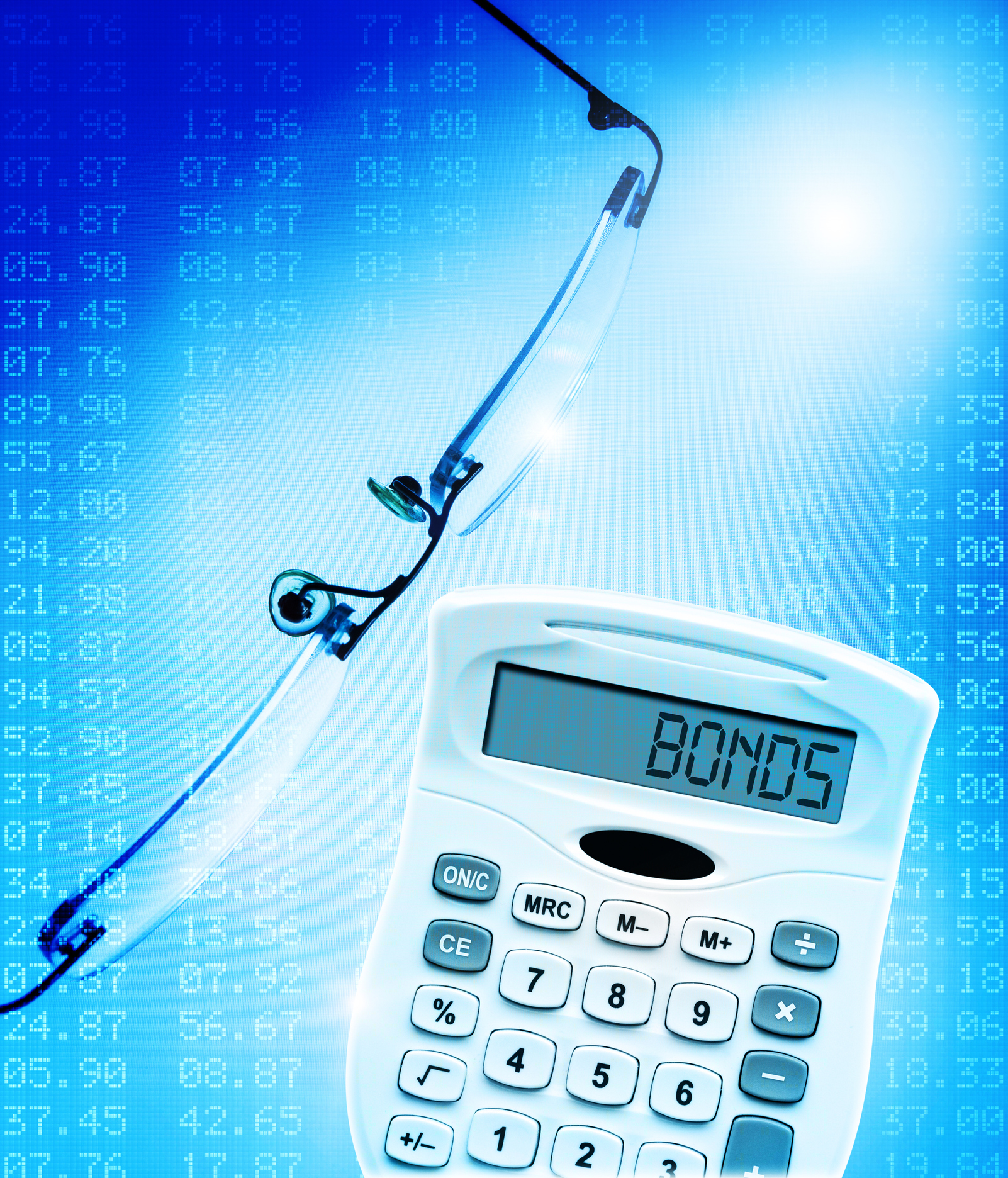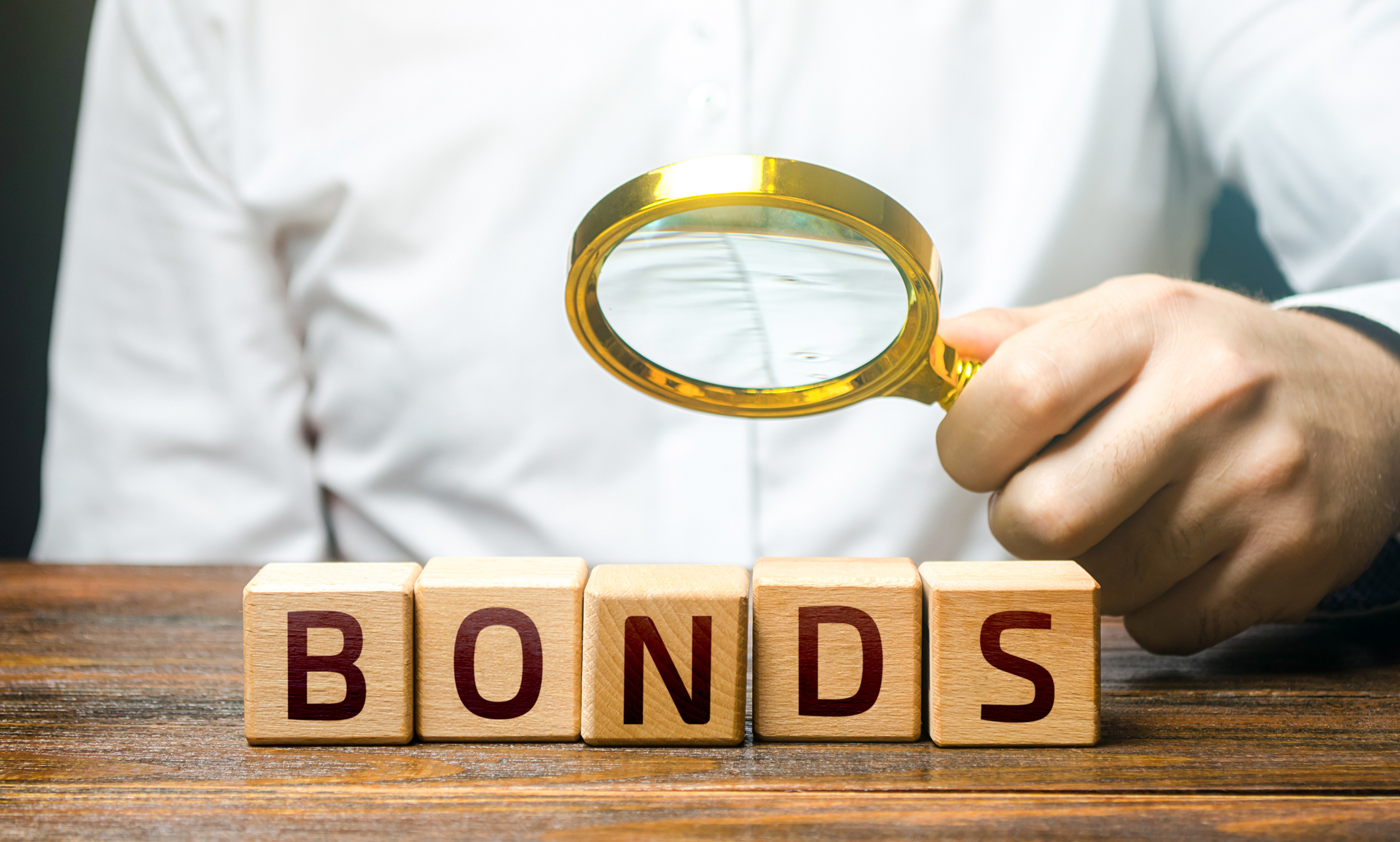Dividend Dates: A Beginner's Guide
Everything you need to know about ex-dividend dates, dividend announcements and other parts of the dividend calendar.


Profit and prosper with the best of Kiplinger's advice on investing, taxes, retirement, personal finance and much more. Delivered daily. Enter your email in the box and click Sign Me Up.
You are now subscribed
Your newsletter sign-up was successful
Want to add more newsletters?

Delivered daily
Kiplinger Today
Profit and prosper with the best of Kiplinger's advice on investing, taxes, retirement, personal finance and much more delivered daily. Smart money moves start here.

Sent five days a week
Kiplinger A Step Ahead
Get practical help to make better financial decisions in your everyday life, from spending to savings on top deals.

Delivered daily
Kiplinger Closing Bell
Get today's biggest financial and investing headlines delivered to your inbox every day the U.S. stock market is open.

Sent twice a week
Kiplinger Adviser Intel
Financial pros across the country share best practices and fresh tactics to preserve and grow your wealth.

Delivered weekly
Kiplinger Tax Tips
Trim your federal and state tax bills with practical tax-planning and tax-cutting strategies.

Sent twice a week
Kiplinger Retirement Tips
Your twice-a-week guide to planning and enjoying a financially secure and richly rewarding retirement

Sent bimonthly.
Kiplinger Adviser Angle
Insights for advisers, wealth managers and other financial professionals.

Sent twice a week
Kiplinger Investing Weekly
Your twice-a-week roundup of promising stocks, funds, companies and industries you should consider, ones you should avoid, and why.

Sent weekly for six weeks
Kiplinger Invest for Retirement
Your step-by-step six-part series on how to invest for retirement, from devising a successful strategy to exactly which investments to choose.
Dividend stocks are an important piece of any diversified income portfolio. But actually collecting the dividend checks (or more commonly, having the dividend hit your brokerage account) requires a little knowledge of how the process works – and that includes knowing things like ex-dividend dates, dividend pay dates and other important dividend dates.
"We love dividend stocks," says Chase Robertson, Managing Partner of Houston-based RIA Robertson Wealth Management. "But misreading the dividend calendar can really throw a wrench in your income planning.
"If you need a specific payout by a specific date, you need to understand the terminology."
From just $107.88 $24.99 for Kiplinger Personal Finance
Become a smarter, better informed investor. Subscribe from just $107.88 $24.99, plus get up to 4 Special Issues

Sign up for Kiplinger’s Free Newsletters
Profit and prosper with the best of expert advice on investing, taxes, retirement, personal finance and more - straight to your e-mail.
Profit and prosper with the best of expert advice - straight to your e-mail.
It's not conceptually difficult once you get the vocabulary down, but to the uninitiated the various dividend dates can be a little overwhelming.
Today, we're going to take a look at the relevant dividend dates you need to know.
Important Dividend Dates
Dividend Declaration Date
The dividend declaration date is exactly what it sounds like. This is the day that the company's board of directors announces that it plans to pay a dividend. In the announcement, the board will lay out the basic details such as the amount of the dividend, the date of record, the ex-dividend date and the payment date (more on these later).
A dividend declaration can be made relatively close to when the dividend will be paid, or far in advance. Sometimes the declaration will be for multiple future payments. There's no hard and fast rule here, and every company is a little different.
But the takeaway here is that the dividend declaration date gives you proper notice that a dividend is coming. Once a dividend is declared, it's official. It shows up as a liability to be paid, and the company is on the hook to pay it.
Dividend Date of Record and Ex-Dividend Date
If you want to actually get paid, pay special attention to a pair of dividend dates: dividend date of record and ex-dividend date. The two are closely related.
To receive a dividend, you have to be the owner of record as of the dividend date of record. But remember, stocks trades don't officially settle until two business days after the transaction. So, to officially be the owner of the stock as of the date of record – and thus receive the dividend payment – you have to buy the stock at least three days before the date of record.
This brings us to the ex-dividend date. The ex-dividend date is two days before the date of record. This means that you have to own the stock before the ex-dividend date. In other words, if the ex-dividend date is June 1, you have to buy the stock on or before May 31.
If you remember nothing else from this article, remember this, because it bears repeating: If you want the dividend, be sure you buy the stock at least one day before the ex-dividend date.
Dividend Payment Date
Last, we have the dividend payment date, which is the day the dividend is actually paid, whether the check is dropped in the mail or it automatically shows up in your account.
Note that you don't actually have to own the stock on the dividend date of payment in order to get paid. The relevant date here is the ex-dividend date. So long as you owned the stock as of the market open on ex-dividend date, you can sell it any time between the ex-dividend date and the payment date and still get the dividend.
Hypothetically, you could jump from dividend stock to dividend stock, selling each stock just after it goes ex-dividend and collecting the dividend along the way. But as a general rule, this is a poor strategy because stock prices tend to fall on the ex-dividend date.
For example, if XYZ Corp declares a $1 dividend with an ex-dividend date of June 1, the stock price will likely fall by approximately $1 that day. Remember: A dividend is a distribution of cash, so it stands to reason that the company's value will fall by approximately the amount of the distribution.
If you like dividends, the better course of action is to put together a diversified portfolio of high-quality dividend payers and hold them for the long haul.
Profit and prosper with the best of Kiplinger's advice on investing, taxes, retirement, personal finance and much more. Delivered daily. Enter your email in the box and click Sign Me Up.

Charles Lewis Sizemore, CFA is the Chief Investment Officer of Sizemore Capital Management LLC, a registered investment advisor based in Dallas, Texas, where he specializes in dividend-focused portfolios and in building alternative allocations with minimal correlation to the stock market.
-
 Quiz: Do You Know How to Avoid the "Medigap Trap?"
Quiz: Do You Know How to Avoid the "Medigap Trap?"Quiz Test your basic knowledge of the "Medigap Trap" in our quick quiz.
-
 5 Top Tax-Efficient Mutual Funds for Smarter Investing
5 Top Tax-Efficient Mutual Funds for Smarter InvestingMutual funds are many things, but "tax-friendly" usually isn't one of them. These are the exceptions.
-
 AI Sparks Existential Crisis for Software Stocks
AI Sparks Existential Crisis for Software StocksThe Kiplinger Letter Fears that SaaS subscription software could be rendered obsolete by artificial intelligence make investors jittery.
-
 What Fed Rate Cuts Mean For Fixed-Income Investors
What Fed Rate Cuts Mean For Fixed-Income InvestorsThe Fed's rate-cutting campaign has the fixed-income market set for an encore of Q4 2024.
-
 The Most Tax-Friendly States for Investing in 2025 (Hint: There Are Two)
The Most Tax-Friendly States for Investing in 2025 (Hint: There Are Two)State Taxes Living in one of these places could lower your 2025 investment taxes — especially if you invest in real estate.
-
 The Final Countdown for Retirees with Investment Income
The Final Countdown for Retirees with Investment IncomeRetirement Tax Don’t assume Social Security withholding is enough. Some retirement income may require a quarterly estimated tax payment by the September 15 deadline.
-
 Dividends Are in a Rut
Dividends Are in a RutDividends may be going through a rough patch, but income investors should exercise patience.
-
 Bond Basics: Zero-Coupon Bonds
Bond Basics: Zero-Coupon Bondsinvesting These investments are attractive only to a select few. Find out if they're right for you.
-
 Bond Basics: How to Reduce the Risks
Bond Basics: How to Reduce the Risksinvesting Bonds have risks you won't find in other types of investments. Find out how to spot risky bonds and how to avoid them.
-
 Why Investors Needn't Worry About U.S. Credit Downgrade
Why Investors Needn't Worry About U.S. Credit DowngradeFitch Ratings The United States saw its credit rating downgraded for just the second time in history, but experts aren't worried about the long-term damage to stocks.
-
 What's the Difference Between a Bond's Price and Value?
What's the Difference Between a Bond's Price and Value?bonds Bonds are complex. Learning about how to trade them is as important as why to trade them.